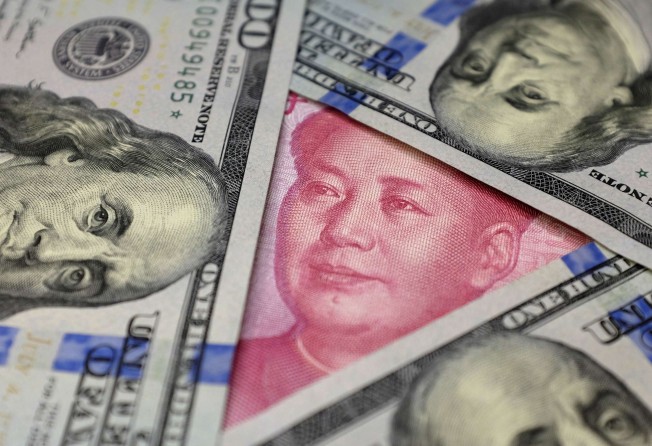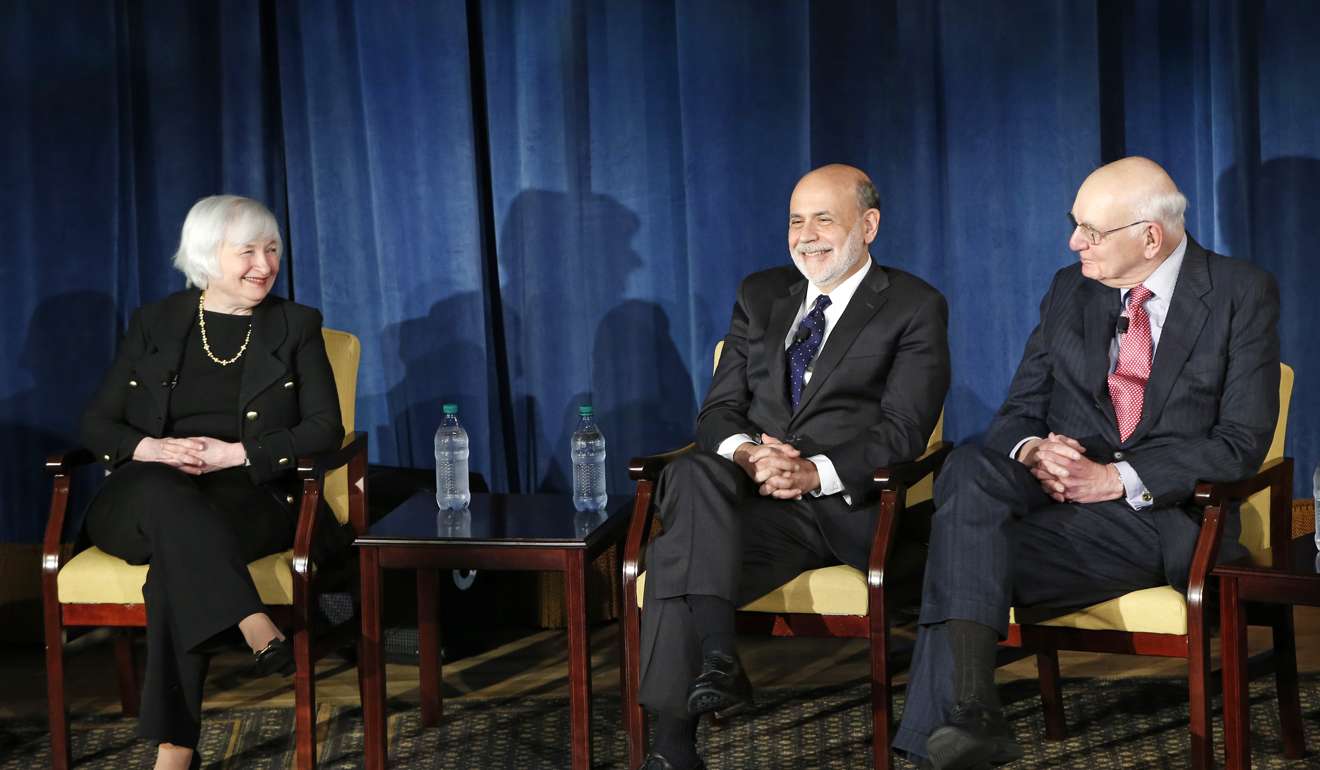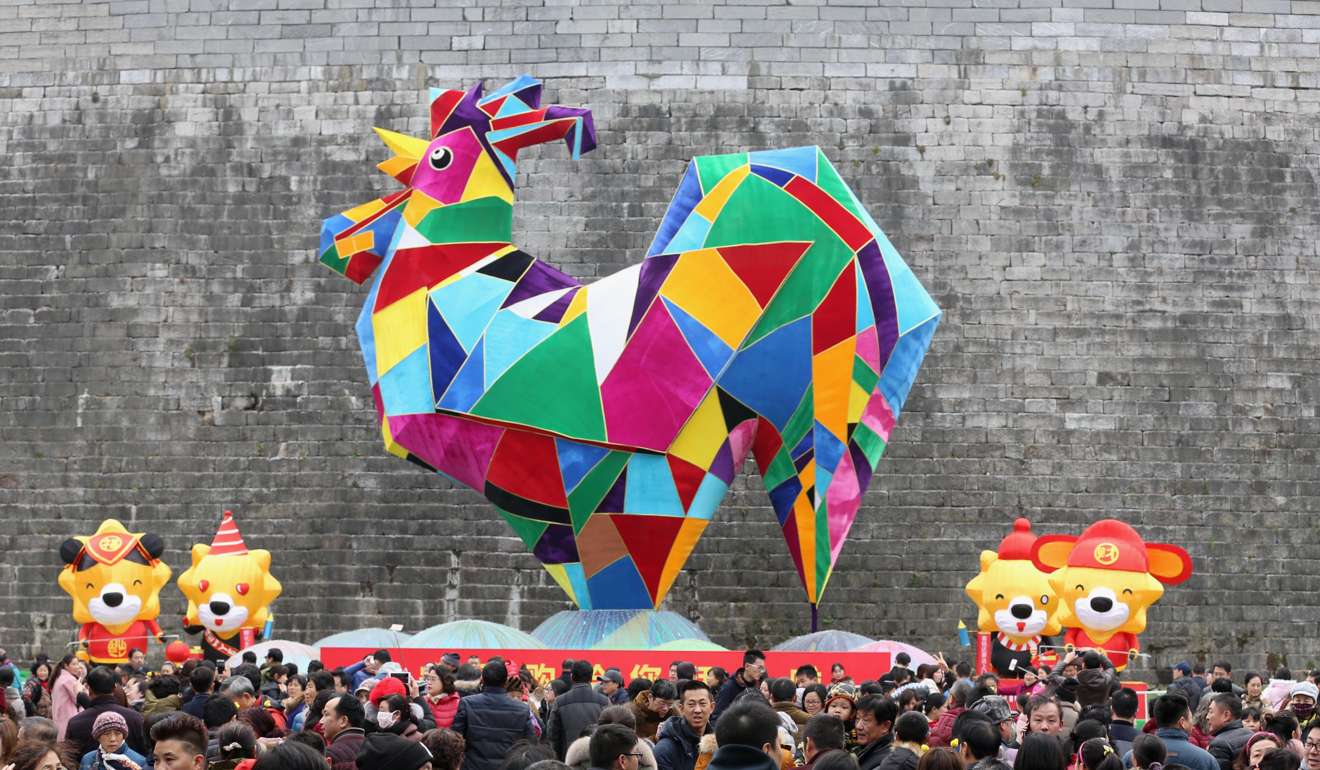Did China ask us if it was OK to devalue their currency (making it hard for our companies to compete), heavily tax our products going into..
— Donald J. Trump (@realDonaldTrump) December 4, 2016
What next for the renminbi with Trump in the White House?
G. Bin Zhao says far from being a currency manipulator, China has made significant efforts to reform its exchange rate regime, and it now has an opportunity to target a free float this year

During his US presidential campaign, Donald Trump accused China of intentionally manipulating its currency by deliberately depreciating the renminbi to gain a competitive advantage for Chinese exports.
However, this is a far cry from reality. China has significantly changed its exchange rate formation mechanism over the past decade – shifting from a “hard peg” to the US dollar to a “managed float regime.” Currently, the renminbi’s exchange rate is based on a basket of currencies, not just the US dollar. According to the IMF’s definition, this “crawl-like arrangement” is one type of “soft peg”.
their country (the U.S. doesn't tax them) or to build a massive military complex in the middle of the South China Sea? I don't think so!
— Donald J. Trump (@realDonaldTrump) December 4, 2016
Reforms related to liberalising China’s exchange rate regime have been widely recognised, especially by the International Monetary Fund. In September, to mark the launch of the new special drawing rights (SDR) basket including the renminbi, IMF managing director Christine Lagarde said: “The renminbi’s inclusion reflects the progress made in reforming China’s monetary, foreign exchange, and financial systems, and acknowledges the advances made in liberalising and improving the infrastructure of its financial markets.”
The market believes the renminbi is currently overvalued against the US dollar and most investors expect it to further depreciate by at least a few percentage points against the greenback this year.
Contrary to Trump’s accusations, the renminbi has actually appreciated sharply against the dollar over the past decade. Since the dollar started rising from mid-2015, China has made painstaking efforts to slow down the renminbi’s depreciation against the US currency, and its central bank is believed to have spent about US$800 billion from its foreign currency reserves.
Earlier this year, former US Federal Reserve chair Ben Bernanke said calling China a currency manipulator doesn’t “fit with reality”, and acknowledged that: “China right now is working very hard to keep the renminbi from falling.”

Nevertheless, how will these views affect the renminbi exchange rate in 2017? What actions should China take?
According to the IMF, some 65 countries have adopted the floating exchange rate regime, which means the market dictates movements in their exchange rate. China has achieved quite a lot in reforming its exchange rate mechanism, but it is not yet a “floating exchange rate regime”.
Market expectations of devaluation of the renminbi against the dollar are very likely to be reversed this year
In order to prevent accusations from the Trump administration of being a “currency manipulator”, the best option for China is to continue with its liberalisation process, going from the current managed exchange rate regime to a floating one, ideally this year. Capital control measures would continue to serve as a firewall to prevent unpredictable illegal capital outflows, though this policy is believed to have killed several overseas acquisition opportunities by Chinese corporates.

Meanwhile in the US, markets have rallied but uncertainties linger over which policies the Trump administration may enact, and their immediate and long-term effects at home. Campaign pledges such as pulling out of the North American Free Trade Agreement, and even the World Trade Organisation, and so on, could hurt the American economy, and damage investor confidence in the US, particularly on the already overvalued stock markets.
Second, the US dollar index is close to historical highs. Even if Trump’s policies bring a higher growth rate for the US economy, there is very limited room for the dollar exchange rate to rise further. Besides, a too strong dollar would hamper the full recovery of the overall US economy.
China thus has a great opportunity to make a big leap to reform its exchange rate mechanism, to ultimately become a “floating” currency and pave the way for a higher level of internationalisation.
G. Bin Zhao is senior economist at PricewaterhouseCoopers China. The opinions expressed here are the author’s own